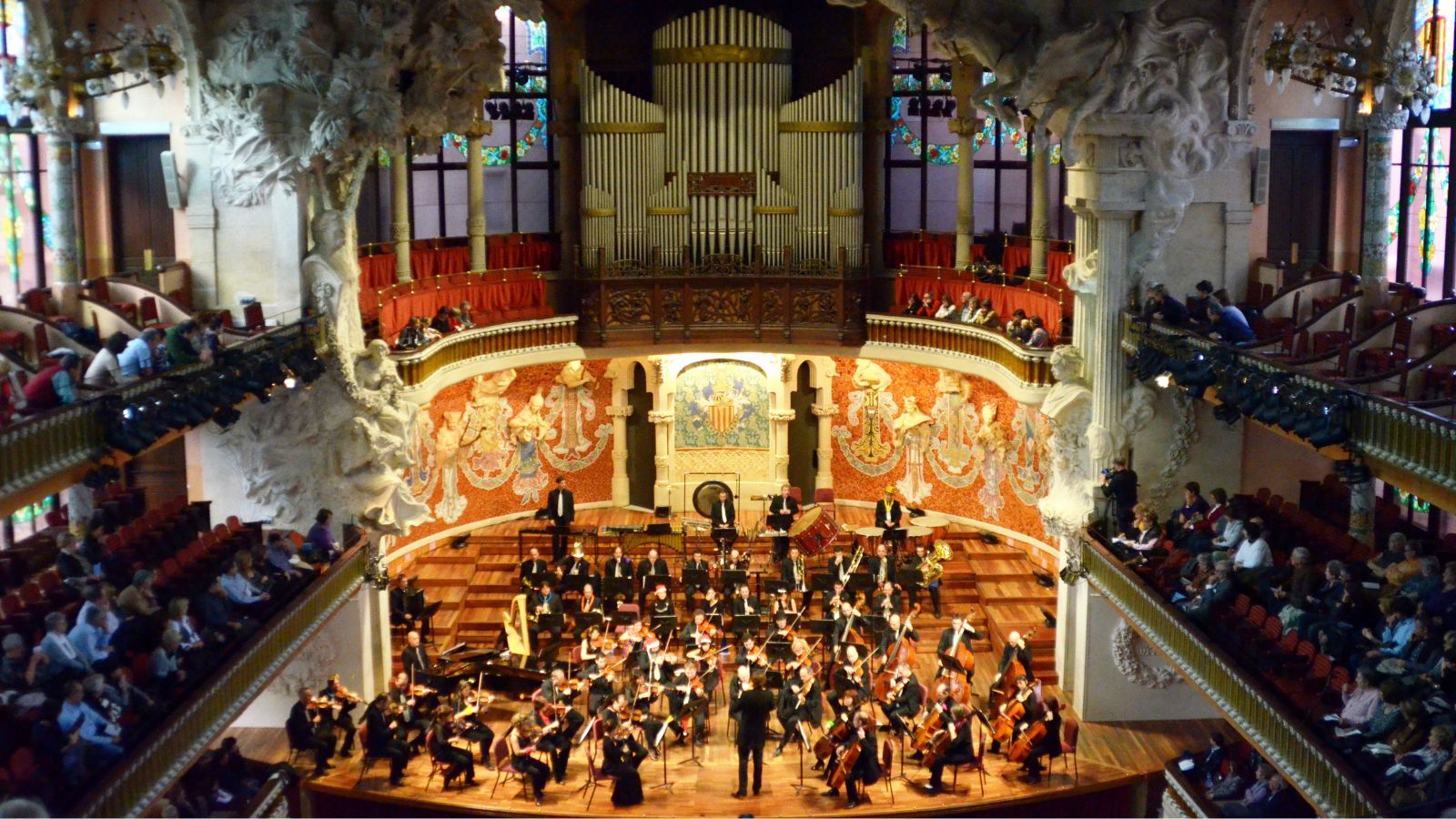Surprises, or Expecting the Unexpected
No matter how well we plan and organise, even with the best-laid plans we can’t foresee all the surprises that await us. And since that is the case, why not make surprises part of the plan in accordance with calculated probability. The more contingency options we have up our sleeve, the greater our chances of success.
Every plan should come with multiple versions ready to apply. If Plan A hits a snag, we turn to Plan B or C. The whole alphabet’s there for the taking by the determined and persistent.
Optimists expect only good things to come their way. Realists will take unfavourable turns of events into account. But surprise catches us all: to some as a dare, an adventure; to others – as a brick wall that feels insurmountable.
The unexpected can instil justified anxiety, which in turn leads to a more serious condition: the stress that stops us in our tracks. We often use our imagination to increase that burden. How many times have we exaggerated what might happen to us? What we picture is often far scarier than what actually comes to pass.
It is impossible, however, to eliminate anxiety entirely – being able to do so would actually suggest a disturbance in our natural human instincts.
I always feel not only a thrill of excitement but also stage fright before concerts. The latter is familiar to every performer. No matter how many concerts you’ve played, how experienced you are on stage, or how many albums you have recorded, an artist experiences that particular kind of tension before taking his or her bow. What is the reason for that fear? Perhaps the unexpected: a sudden vocal indisposition, hitting the wrong note, poor reception from the audience or all of the above. Fortunately, this anxiety passes. For me, at the very moment when the concert hall goes quiet and I take my seat at the piano. Focusing allows me to think only about the music, or, to be more precise – to think through music.
One day, I received a call from a conductor who was leading a symphony orchestra in Barcelona. He phoned me to propose a series of what he called New Year’s concerts. “You must come”, he insisted. “The concept is wonderful, even if a little bold. I want to pair a contemporary composer with the works of the Strausses.”
I admit I found the idea rather surprising. Yet, enjoying challenges as I do, I didn’t hesitate long. I went to Barcelona and presented my recordings. The novelty of the concept intimidated all of us. However, after some small talk and listening to my music, our doubts began to fade. A decision was finally made: let’s blend Bielecki with the Strausses into a single New Year’s concert programme.
Preparations and rehearsals began. For the first time, I found myself on the other side of the stage: I was now seated in the audience, listening to others performing my music.
After the dress rehearsal, the maestro asked, “Why are you so nervous? Nothing depends on you now.”
“That’s just it”, I replied. “Because nothing depends on me now.”
When I perform solo, I take full responsibility for the sounds I present to the audience: for their quality, interpretation, and the emotions imparted. But when I hand that privilege over to other – even most brilliant – musicians, I no longer have control over how my piece is performed. I have to rely on what these other people find in my music, how they feel it, and how they present it to the audience. “Nothing depends on me now.” The piece is still mine – I put down those notes, pouring my talent and heart into them, but the whole is now filtered through another artist’s artistic lens. That’s where all kinds of surprises may creep in.
Luckily, there were no surprises during the New Year’s concerts with the Barcelona orchestra. With each performance, the musicians sank more deeply into my music, understood it more fully, and became sufficiently familiar with my score to toy freely with the phrasing. The sense of awkwardness vanished. For them, for me, and for the audience, the New Year’s concert tour turned into a pleasure. The audiences responded brilliantly, which influenced the general mood of the performances. A concert is a form of expression that passes its unique energy to the audience, drawing a similar energy from the audience at the same time. This unique two-way communication ensures that no two performances have ever been identical.
Before one of my French recitals, I was in for a real surprise. I have a good habit of checking the instrument before playing it. Visiting the hall where I was to play on the eve of the concert, I saw a plain, ordinary keyboard on stage. I objected and firmly declined to play it. This wasn’t the whim of a diva, but a matter of basic respect for myself and my audience. The organisers confided in me what the problem was: a regular grand piano wouldn’t fit through the door. All our eyes instinctively turned to the huge window. Two hours later, I witnessed a scene worthy of Fellini: a piano being hoisted to the upper floor by a crane’s arm was swaying gently as it floated towards the wide-open shutters.
Some surprises end well, others much less so. But that’s life, with all its charms. At least it leaves memories and tales to tell. After all, does a road without twists and turns not become dull and boring with time? And surprises are the spice of life.
